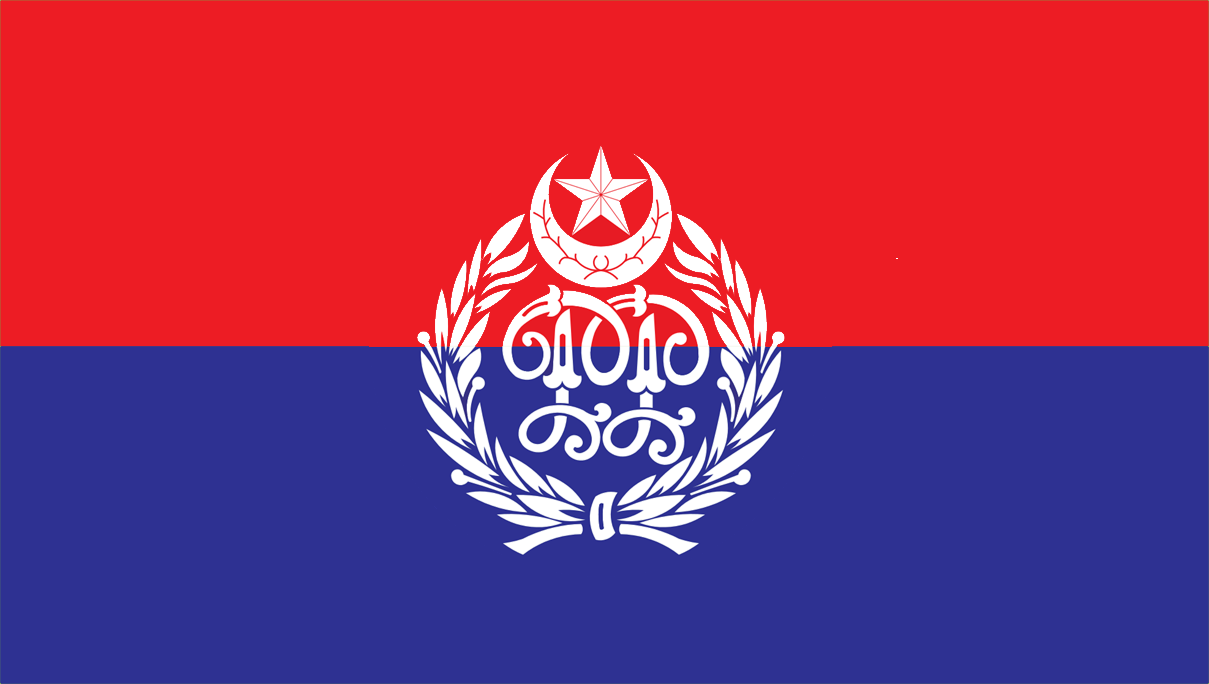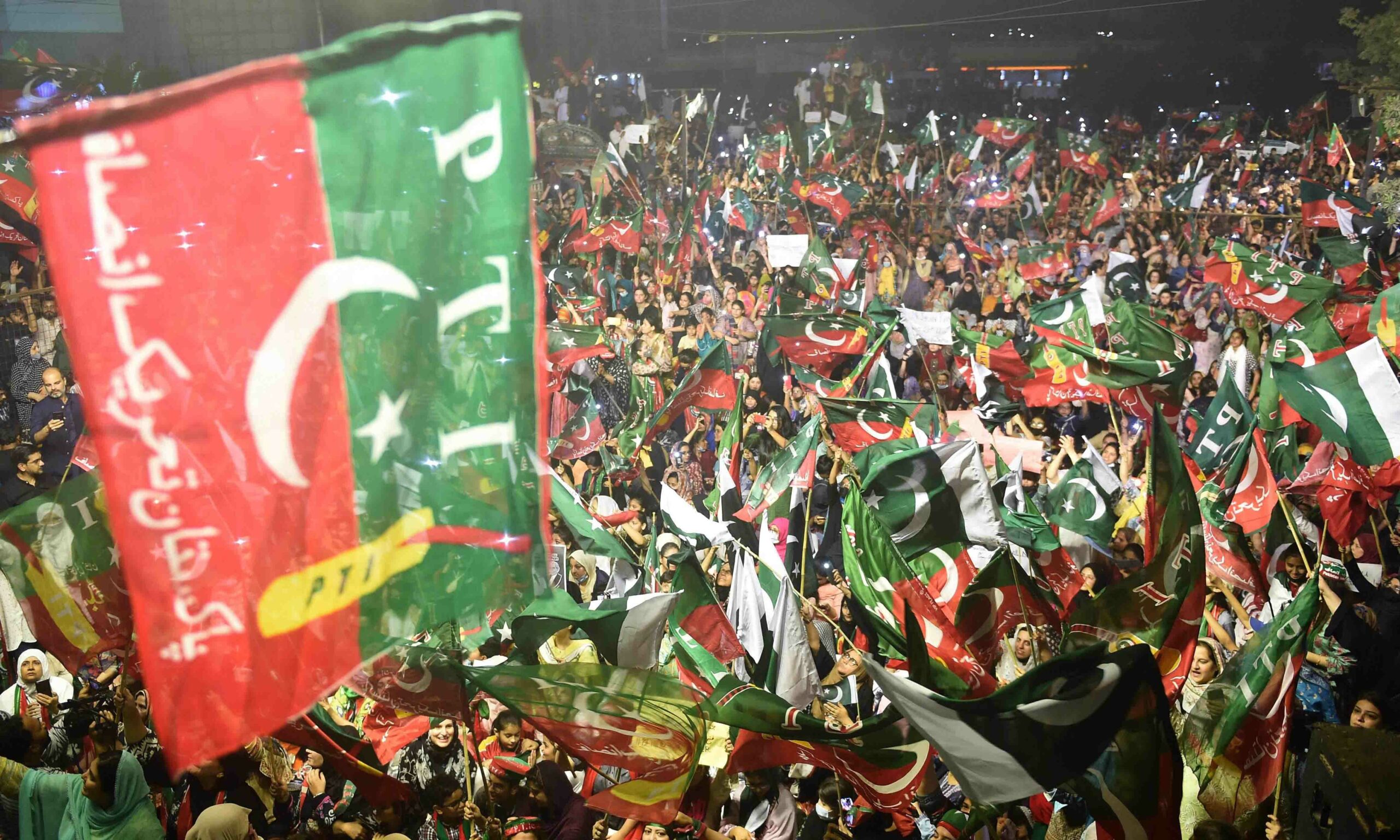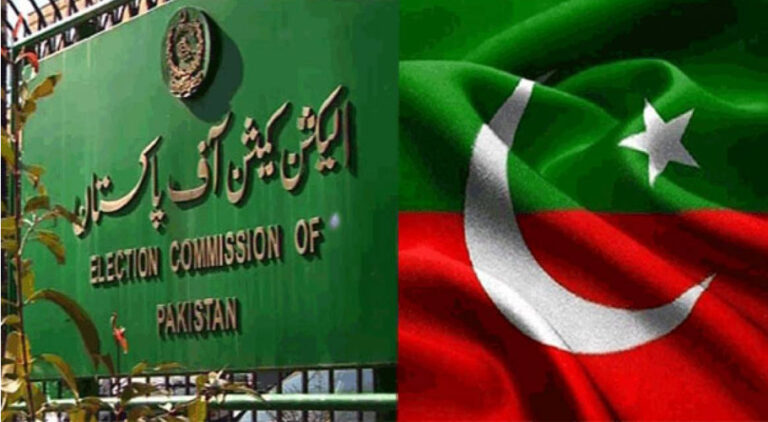Zafar Iqbal
India’s intelligence agency, RAW (Research and Analysis Wing), is once again under intense international scrutiny. This time, the United States Commission on International Religious Freedom (USCIRF) has recommended targeted sanctions against the agency, a move that has raised serious questions about the extent of India’s covert operations abroad. These findings come on the heels of previous investigative reports by major international outlets, such as The Washington Post and The Guardian, which have uncovered troubling evidence of India’s involvement in extrajudicial killings, including high-profile cases like the assassination of Hardeep Singh Nijjar in Canada and the foiled plot against Gurpatwant Singh Pannun in the United States.
The USCIRF’s call for sanctions adds to the mounting evidence, putting India in an increasingly difficult position to deny its growing involvement in these controversial actions. The details unearthed in these investigations suggest that India’s covert operations are no longer confined to its borders but have expanded globally, leaving the country’s official stance of denial increasingly untenable. This escalation not only highlights the reach of India’s intelligence apparatus but also raises significant concerns about the country’s broader foreign policy and human rights record.
In addition to the specific accusations against RAW, the USCIRF report offers a broader critique of the current human rights situation in India. Under the leadership of the Bharatiya Janata Party (BJP), religious minorities, including Muslims, Christians, and Sikhs, have faced systemic discrimination. The government has been accused of implementing draconian laws that target these communities, as well as engaging in the targeted demolition of properties belonging to minorities. These actions have led to a growing international perception of India as a country where state-sponsored repression against religious minorities is becoming the norm rather than the exception.
The USCIRF report serves as a stark reminder of India’s deteriorating human rights landscape, where civil liberties are increasingly under threat. Despite this, significant pushback from the United States remains unlikely, primarily due to the strategic geopolitical relationship between India and the US, especially in light of their shared interest in countering China’s growing influence in Asia.
The US has long viewed India as a key counterweight to China’s growing dominance in Asia, and this strategic alliance has often outweighed concerns about India’s domestic human rights record. Washington has historically shown a willingness to downplay or ignore human rights violations in India, particularly when they conflict with broader geopolitical objectives. Even when a former RAW operative, Vikash Yadav, was charged in 2023 for his role in an assassination plot, diplomatic considerations took precedence over any serious punitive action.
This pattern of overlooking India’s human rights issues in favor of strategic interests has been a consistent theme in US-India relations. The reality is that while the US has occasionally voiced concerns over specific incidents, it has generally refrained from taking decisive action that would hold India accountable. The priority has remained the geopolitical advantage of aligning with a democratic nation that serves as a counterbalance to China’s growing global influence.
However, this tacit approval of India’s actions is becoming increasingly untenable. As more evidence emerges, the global community is being forced to reckon with the question: how long can human rights violations be ignored for the sake of strategic interests?
Pl subscribe to the YouTube channel of republicpolicy.com
While the US may continue to prioritize its strategic interests, other countries have started to speak out more forcefully. Canada, which was directly impacted by the assassination of Hardeep Singh Nijjar, has raised significant concerns about India’s covert operations on its soil. The UK has also voiced apprehensions over India’s growing use of extrajudicial killings and its expanding covert activities worldwide. These concerns have led to increasing international calls for accountability, especially as it becomes clearer that India’s actions may be undermining the sovereignty of other nations.
The growing alarm from these Western countries signals a shift in global sentiment. While they may still hesitate to take concrete punitive actions, their public condemnation of India’s actions sends a powerful message that such behavior will no longer be tolerated in the international community. The USCIRF report is just the latest in a series of warnings that India’s expanding covert operations are drawing the attention of the global powers, and it remains to be seen how far these nations will be willing to go in addressing this issue.
Despite India’s predictable dismissal of these accusations as foreign interference, the evidence against the country’s intelligence agency is becoming more difficult to ignore. India’s covert operations, which have reportedly included a growing number of extrajudicial killings, are no longer confined to isolated incidents but appear to be part of a broader pattern of behavior. These operations are increasingly being seen as an extension of India’s foreign policy, aimed at achieving its geopolitical goals at any cost, regardless of the human rights implications.
As the evidence mounts, the question is no longer whether India is engaging in these covert activities but whether the international community will hold it accountable. The USCIRF’s call for sanctions represents a growing international consensus that India must answer for its actions. However, the real challenge lies in whether global powers are willing to take meaningful action, particularly given the complex geopolitical considerations at play.
In conclusion, India’s growing covert operations, spearheaded by RAW, have placed the country under significant international scrutiny. The USCIRF’s recommendation for targeted sanctions highlights the increasing concern over India’s extrajudicial killings and its broader human rights violations. While the US continues to prioritize its strategic interests, other nations, including Canada and the UK, have begun to take a more vocal stance against India’s actions. As the evidence against India continues to grow, the global community faces a critical decision: will they continue to overlook these violations in the name of geopolitical interests, or will they take a stand to hold India accountable for its actions? The world is watching.

















